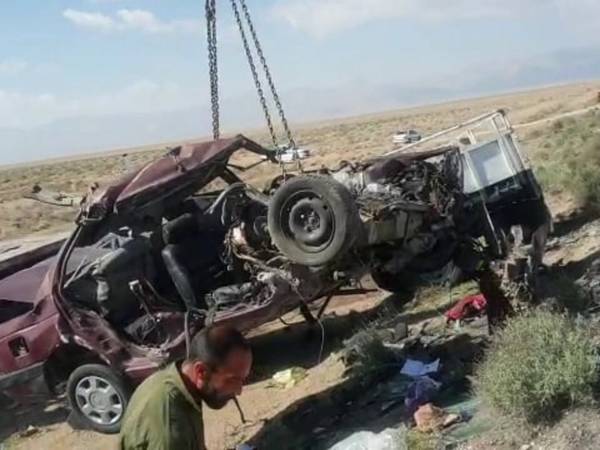A senior Iranian lawmaker has announced that undocumented foreign nationals including Afghan migrants will no longer be eligible for government compensation if injured in traffic accidents.
Osman Salari, deputy head of Iran’s parliamentary Legal Commission, said on Saturday that the commission is reviewing a new bill aimed at combating human and organ trafficking. Under the proposed legislation, the Fund for the Compensation of Bodily Injuries will be barred from paying diyah (blood money) or damages to undocumented migrants injured in road incidents.
According to Fars News Agency, affiliated with Iran’s Islamic Revolutionary Guard Corps, the Islamic Republic previously covered such compensation when insurance providers refused to pay. In those cases, the government would issue blood money payments on behalf of undocumented Afghan migrants.
Under current law, the compensation fund is required to pay damages to the families of undocumented foreigners who are injured or killed in accidents. However, Fars claims that in many cases, lawyers exploited the system securing payments on behalf of unidentifiable or fictitious victims and pocketing most of the money while giving only a small portion to real or fabricated families.
The report states that the fund’s ongoing efforts have successfully pressured lawmakers to end this practice.
Iranian officials commonly refer to undocumented Afghan migrants as “foreign nationals” or “undocumented foreigners.” The country hosts one of the largest Afghan refugee populations in the world, many of whom live without legal residency status.
Tensions over Afghan migrants in Iran have escalated in recent years. A recent video widely circulated on social media drew public outrage after showing two Iranian men chasing a teenage Afghan cyclist in the southern city of Bandar Abbas.
In the footage, one man urges the driver to “run him over,” saying: “Afghans don’t get blood money,” while shouting racist abuse. The video has further fuelled criticism over Iran’s treatment of Afghan migrants and raised concerns about rising xenophobia and the potential consequences of the proposed legal changes.

